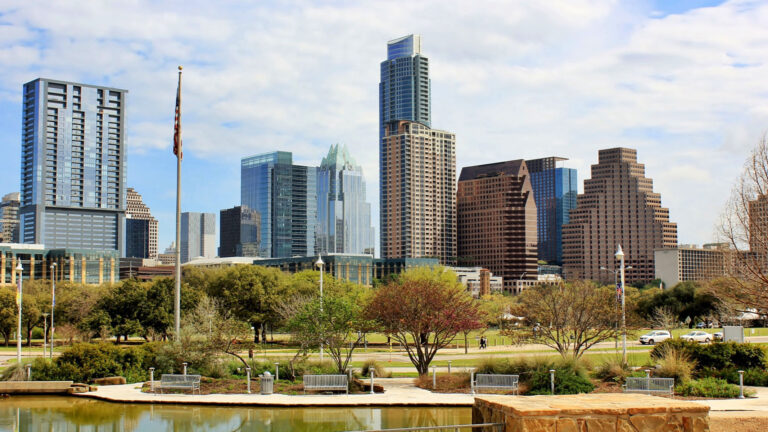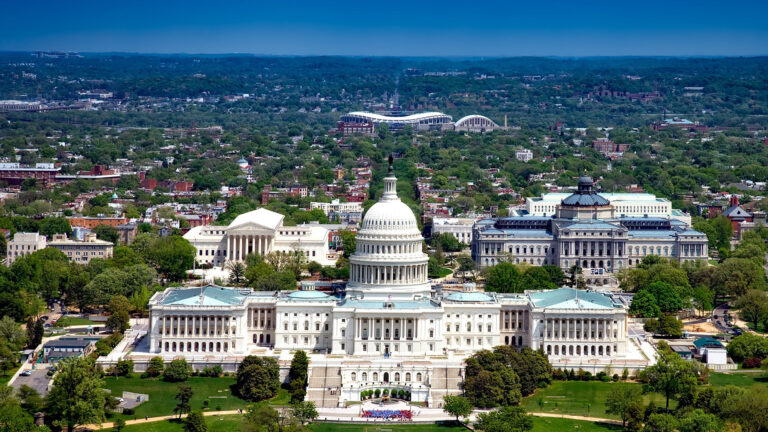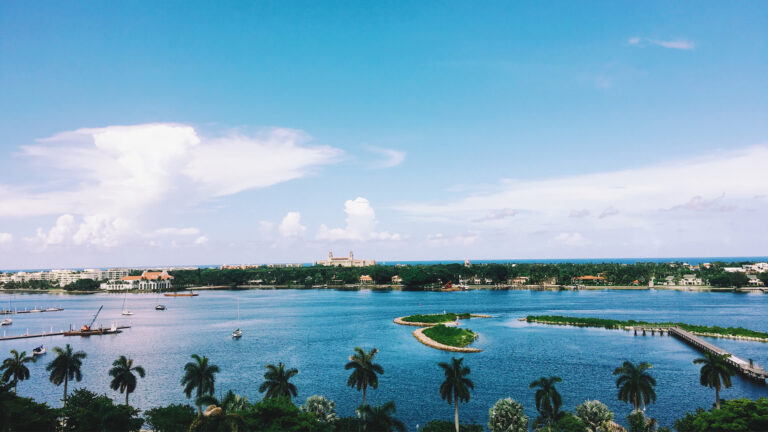By David G.
Barry
Currently
restricted from making new private equity, venture capital, private credit,
hedge fund or infrastructure commitments, the Florida State Board of
Administration (SBA) will in the coming months seek to get the state
legislature to make a significant change.
Earlier this year, the SBA exceeded the Florida Statue, which caps alternative
investments at 20%. During the upcoming session, the SBA will seek to get the
legislature to lift the cap to 30%, said Lamar Taylor, SBA’s interim
director and chief investment officer.
Speaking at the August meeting of the SBA Audit Committee, Taylor said that at
20.4%, the SBA is “barely” over the cap but will not make any new such
commitments until it falls below 20%. He said that if equities continue their
rally, it might be able to “soon” allocate a bit to alternatives.
Taylor at a June meeting of the SBA Investment Advisory Council indicated that
the plan sought earlier this year to “get legislative headroom,” but was
unsuccessful.
According to an SBA spokesperson, Emilie Oglesby, SBA had 20.4%
in alternatives as of mid-August, with private equity, which includes buyout, venture capital,
distressed equity, secondary funds and co-investments, accounting for 9.8%. Strategic
investments, consisting of hedge funds, private credit and infrastructure,
accounted for 10.6%. The target allocation for private equity is 6% while the
target for strategic investments is 12%. Because it is coming up on the high
policy point for private equity, the SBA was poised to receive approval to increase
that target from 10% to 12%.
In June, Taylor said the SBA is not under pressure to sell assets and
anticipates that the issue “will be managed through our commitment pacing
process.”
He said the SBA exceeded the cap “totally because of valuations and not a
purposeful overallocation to the space.” Thanks to the strong performance of
private markets, Taylor said that alternatives became a “disproportionately
larger part of the total fund,” something that grew as equities declined.
According to a report presented at the Investment Advisory Committee, the SBA’s
private equity portfolio generated a one-year return of 44% and a three-year
return of 31%.
During the second quarter, SBA made only two commitments to private equity
funds, totaling $250 million. Advent International received $150 million for
its Global Private Equity X fund, while Rubicon Technology Management landed
$100 million for its fourth fund.
During that quarter, it did allocate $1.08 billion to six funds that fell into
the strategic investments category. It allocated $250 million to J.P. Morgan
Investment Management, $200 million to ITE Management, $180 million to Apollo
Capital Management and $150 million each to Glendon Capital Management, I
Squared Capital Advisors and Miravast Asset Management.
At the end of May, the SBA managed $245 billion, $189.7 billion of which is
from the Florida Retirement System Pension Plan.












